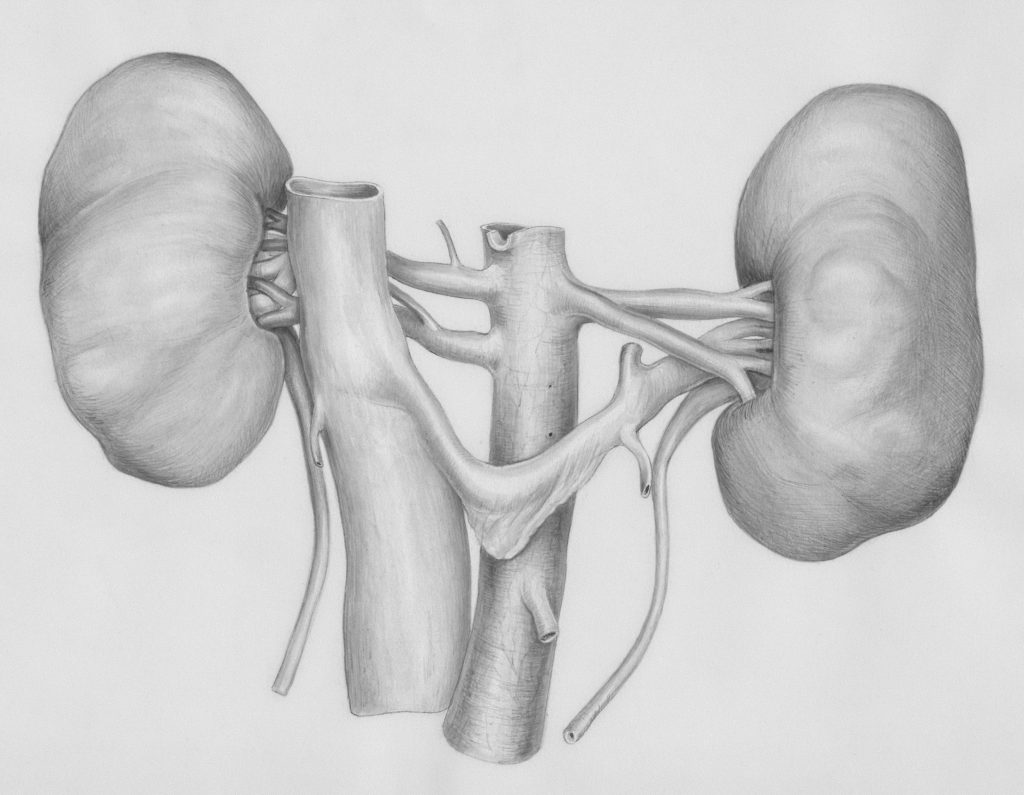The importance of regular consultation with a nephrologist comes from the fact that the kidney health is often overlooked, because the kidneys work in silence and kidney disease progresses for a long time without any visible symptoms. Yet these organs play a vital role: they filter waste products from the blood, regulate blood pressure, balance mineral salts and participate in the production of certain hormones. When kidney disease sets in, it is often too late to correct it completely.
What is a nephrologist?
Le nephrologist is a kidney and urinary tract specialist. It treats both acute and chronic kidney disease, as well as associated disorders:
- Chronic renal failure
- Renal hypertension
- Kidney stones
- Glomerulonephritis and autoimmune diseases affecting the kidneys
- Metabolic complications linked to diabetes or cardiovascular disorders
Its role is to diagnostic, preventive and therapeutic.

Why are visits to the nephrologist essential?
1. Early detection of kidney disease
Many kidney diseases do not cause pain in the early stages. Specialised medical monitoring enables abnormalities to be detected quickly through simple tests (blood tests, urine analysis, ultrasound).
2. Prevent progression to renal failure
A diseased kidney can gradually lose its filtration capacity. If left unchecked, the disease can progress to kidney failure.end-stage renal diseaseThis can lead to the need for dialysis or a transplant. Regular consultations enable treatments to be adapted and the progression of the disease to be slowed down.
3. Managing associated diseases
The kidneys are linked to many of the body's systems. A nephrologist also monitors :
- La blood pressurewhich is often high in renal patients.
- The electrolyte imbalances (sodium, potassium, calcium).
- Cardiovascular complications, which are very common in chronic kidney disease.
4. Optimising treatments
Certain drugs (painkillers, antibiotics, anti-inflammatories, chemotherapy) can have a harmful impact on kidney function. The nephrologist adjusts prescriptions and recommends the best options for protecting the kidneys.
5. Preparing for and accompanying dialysis or transplantation
For patients suffering from severe renal failure, the nephrologist plays a key role: he prepares them for dialysis, assesses their eligibility for a transplant and provides post-transplant follow-up.
Should I wait until I'm older to see a nephrologist?
A common misconception is that kidney disease only affects the elderly. In reality, it can affect at any ageincluding young adults. Early-onset hypertension, type 1 or type 2 diabetes, obesity, family history or repeated urinary tract infections are all risk factors that can weaken the kidneys in their twenties or thirties.
What's more, some young people regularly take medicines (anti-inflammatories, food supplements, doping products or certain protein cures) that put a heavy strain on the kidneys. In these cases, preventive monitoring by a nephrologist is essential in order to prevent damage from setting in silently.
Seeking treatment early is not just about responding to illness: it's also about protecting your kidney health for the future.
How does a consultation with a nephrologist work?
A visit begins with a detailed medical interview This includes the patient's history, lifestyle, eating habits and family history. It is followed by a clinical examination and any additional tests prescribed.
Follow-up is then personalised, and may include :
- Nutritional advice (salt reduction, protein management, appropriate hydration).
- Adjustments to antihypertensive or antidiabetic treatment.
- Close monitoring of renal function.

Who should consult a nephrologist?
Some populations are particularly at risk:
- Patients suffering from diabetes orhigh blood pressure
- People with family background kidney disease
- Patients with recurrent kidney stones
- People with abnormal blood or urine tests (proteinuria, haematuria, reduced glomerular filtration rate)
For these patients, regular follow-up with a nephrologist is essential.
Conclusion: protecting your kidneys means protecting your overall health
The kidneys are discreet but essential organs. A regular visit to a nephrologist makes it possible to detect diseases early, slow their progression and improve patients' quality of life.
Taking care of your kidney health also means reducing cardiovascular risks, preserving your metabolic balance and preventing major treatments such as dialysis.
Don't delay to consult Your kidneys deserve your full attention.
